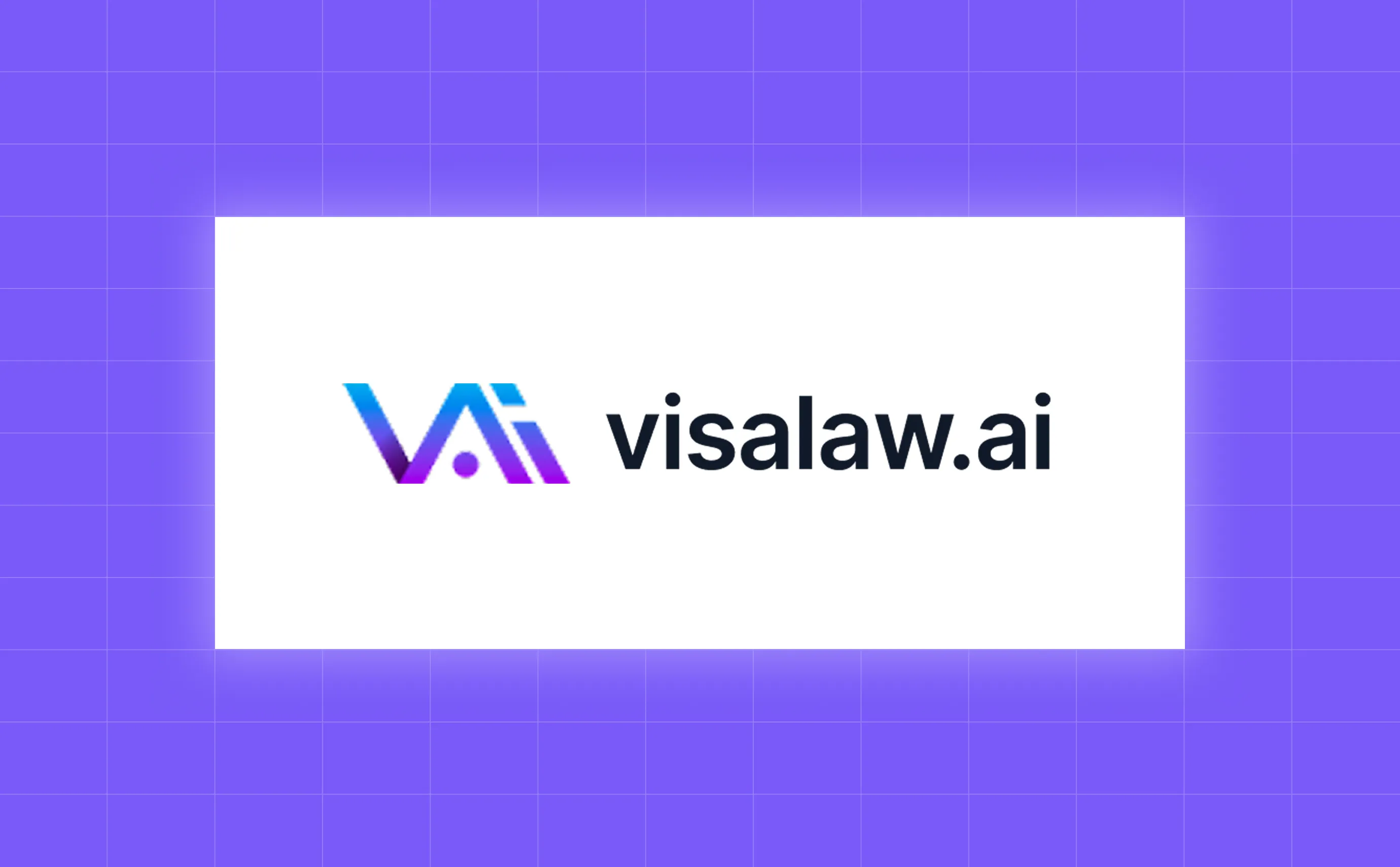


Visalaw.ai Team
As AI continues to reshape the legal industry, more lawyers are experimenting with tools like ChatGPT and legal-specific platforms like Visalaw.ai. But with new tech comes new habits—and a few missteps.
When asked about the biggest mistakes lawyers make with AI, we couldn’t pick just one. Here are two of the most common issues we have seen and what you should do instead to actually get results from these powerful tools.
Many lawyers open up an AI tool and treat it like Google: typing in a short question and expecting a perfect answer.
But AI isn't a search engine—it's a language model. It's not designed to guess your intentions. It's designed to work with the information you give it. That’s why short, vague prompts often lead to hallucinations or factually incorrect responses.
What to do instead:
Treat AI like a junior associate or legal assistant. Give it:
The more structured and detailed your prompt, the more accurate, on-point, and useful your AI output will be.
AI tools are not one-size-fits-all.
Using a public chatbot for sensitive client information or long-form drafting isn’t just inefficient—it can also pose serious security and compliance risks.
For example, using ChatGPT to draft a 40-page appellate brief with zero structure or context? That’s not a good fit. Uploading confidential client info into a free chatbot? Risky. That can create confidentiality and ethics issues that could affect your client or even you. Alternatively, Visalaw.ai's PrivateGPT feature within our Core product utilizes a private and secure server to allow users to use ChatGPT without turning users' data over to OpenAI's data centers.
What to do instead:
When you give AI the right context and use the right tools for the job, it becomes a powerful ally—not a liability. At Visalaw.ai, we’ve built our platform specifically for immigration lawyers who want to work faster, smarter, and more securely.
Want more insights like this?📩 Join our newsletter or follow us on LinkedIn for weekly tips from our team.

